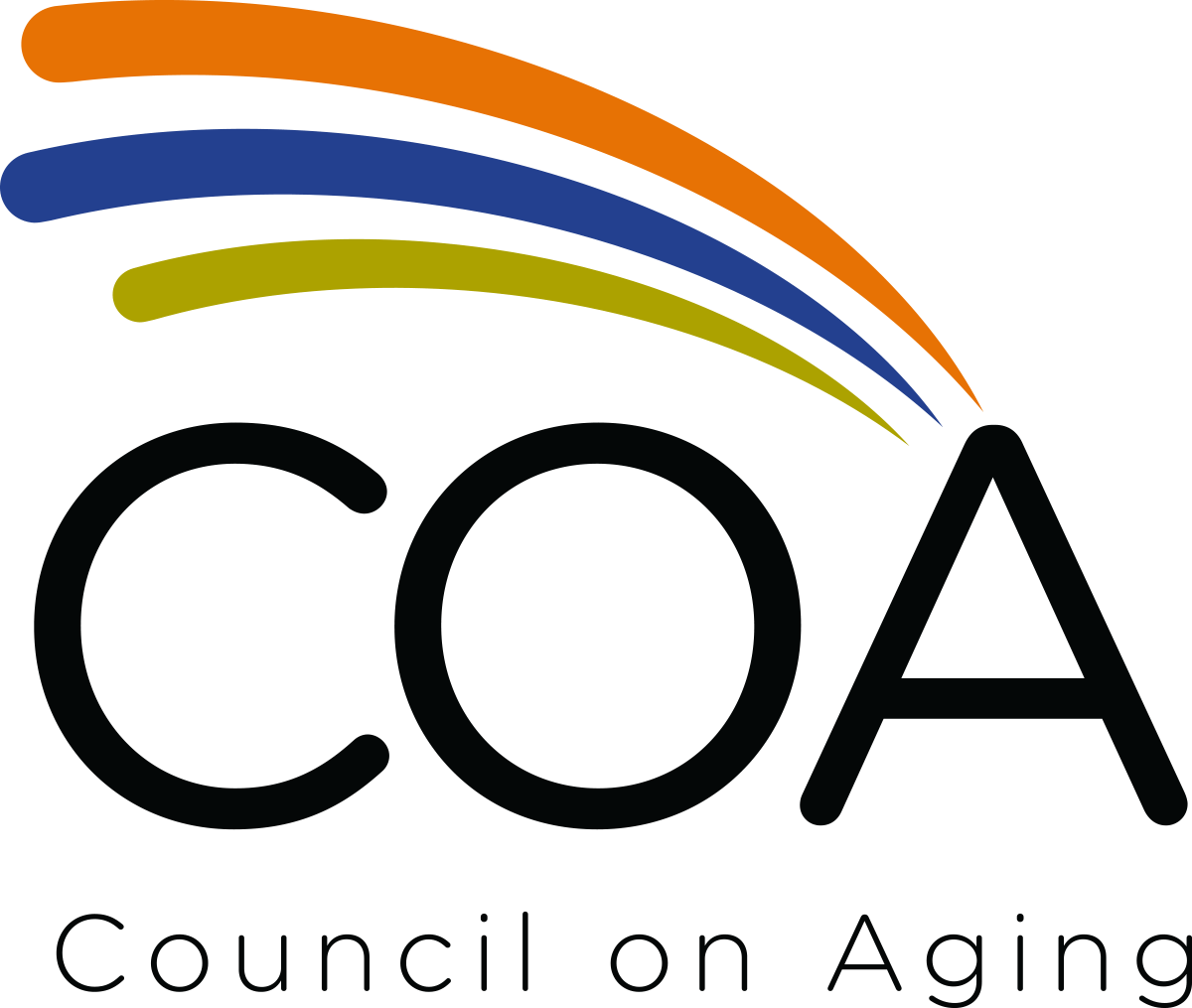News
Elder Abuse Awareness Day Is June 15th: Do you know the signs?
June 14, 2017
The International Network for the Prevention of Elder Abuse and the World Health Organization at the United Nations (UN) launched the first World Elder Abuse Awareness Day (WEAAD) on June 15, 2006 in an effort to unite communities around the world in raising awareness about elder abuse. WEAAD is in support of the UN’s International Plan of Action acknowledging the significance of elder abuse as a public health and human rights issue. Click here to read more.
Know the signs
While one sign does not necessarily indicate abuse, some indicators that there could be a problem are:
- Bruises, pressure marks, broken bones, abrasions, and burns may be an indication of physical abuse, neglect, or mistreatment.
- Unexplained withdrawal from normal activities, a sudden change in alertness, and unusual depression may be indicators of emotional abuse.
- Bruises around the breasts or genital area can occur from sexual abuse.
- Sudden changes in financial situations may be the result of exploitation.
- Bedsores, unattended medical needs, poor hygiene, and unusual weight loss are indicators of possible neglect.
- Behavior such as belittling, threats, and other uses of power and control by spouses are indicators of verbal or emotional abuse.
- Strained or tense relationships, frequent arguments between the caregiver and elderly person are also signs.
- Hoarding of objects, newspapers/magazines, mail/paperwork, etc., and/or animal hoarding to the extent that the safety of the individual (and/or other household or community members) is threatened or compromised
- Failure to provide adequate food and nutrition for oneself
- Failure to take essential medications or refusal to seek medical treatment for serious illness
- Leaving a burning stove unattended
- Poor hygiene
- Not wearing suitable clothing for the weather
- Confusion
- Inability to attend to housekeeping
- Dehydration
- In 2015, the General Assembly appropriated $10 million in one-time funds. Little more than half was distributed to counties, mostly in the form of onetime APS capacity and innovation grants.
- In 2016, HB 64 introduced statewide APS standards and requirements. As a result of these new statewide mandates, Area Agencies on Aging, on the front lines and in the homes of seniors, have witnessed a substantial increase in outreach and awareness, but not in counties’ capacity to take reports and conduct investigations.
